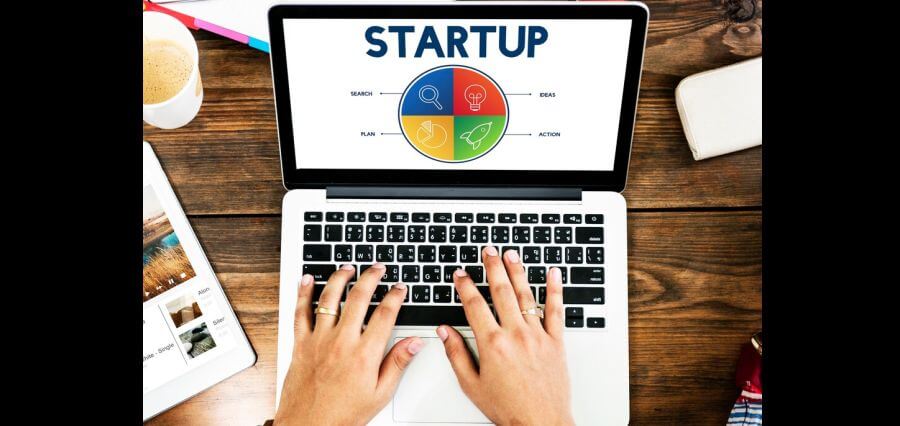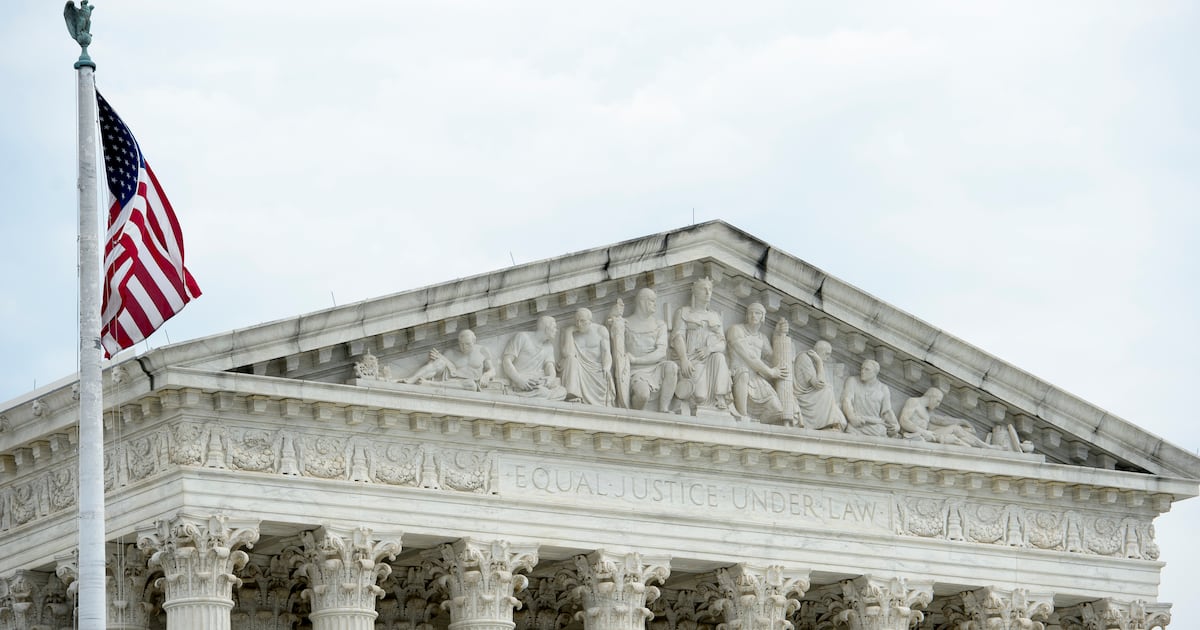‘Examining the Benefits and Drawbacks of Consumer Proposals for Achieving Financial Freedom in Canada’

Consumer proposals are a helpful tool for Canadians struggling with overwhelming debt to achieve financial freedom. This formal agreement between an individual and their creditors, facilitated by a Licensed Insolvency Trustee (LIT), allows for the settlement of debts for less than the full amount owed. Here’s an in-depth look at the pros and cons of consumer proposals.
Pros of Consumer Proposals:
1. Debt Reduction: By negotiating with creditors, consumer proposals offer the opportunity to reduce overall debt and save significantly compared to paying off the entire amount owed.
2. Legal Protection: Filing a consumer proposal provides immediate protection from creditor actions like wage garnishments and collection calls, alleviating stress associated with debt.
3. Single Monthly Payment: Consolidating debts into one monthly payment simplifies budgeting and financial management.
4. Interest Freeze: Consumer proposals typically freeze interest on debts, allowing individuals to focus on paying the principal amount without additional interest charges.
5. Avoiding Bankruptcy: Unlike bankruptcy, consumer proposals allow for the retention of assets like homes and cars, providing a less intrusive alternative for debt relief.
Cons of Consumer Proposals:
1. Impact on Credit Score: While offering debt relief, consumer proposals negatively affect credit scores and stay on credit reports for up to three years after completion.
2. Public Record: Consumer proposals are publicly recorded, potentially affecting future credit and financing opportunities due to increased perceived risk.
3. Limited Debt Types: Some debts like child support, alimony, court-ordered fines, and recent student loans are not eligible for inclusion in a consumer proposal.
4. Monthly Payments: Regular monthly payments are required for the agreed-upon term, with failure potentially leading to the termination of the proposal and legal consequences.
5. Creditors’ Approval: Approval from the majority of creditors representing at least 51% of total debt is necessary for a consumer proposal, with non-acceptance requiring exploration of other debt relief options.
In conclusion, while consumer proposals offer relief from overwhelming debt and a path towards financial freedom, individuals should carefully consider the pros and cons. Consulting with a licensed insolvency trustee can help determine if a consumer proposal aligns with financial goals and circumstances. Despite potential downsides like credit score impact and limited eligibility criteria, consumer proposals can provide much-needed relief and a roadmap to a debt-free future. The decision to pursue a consumer proposal should be made after thorough evaluation of individual financial situations and objectives.






